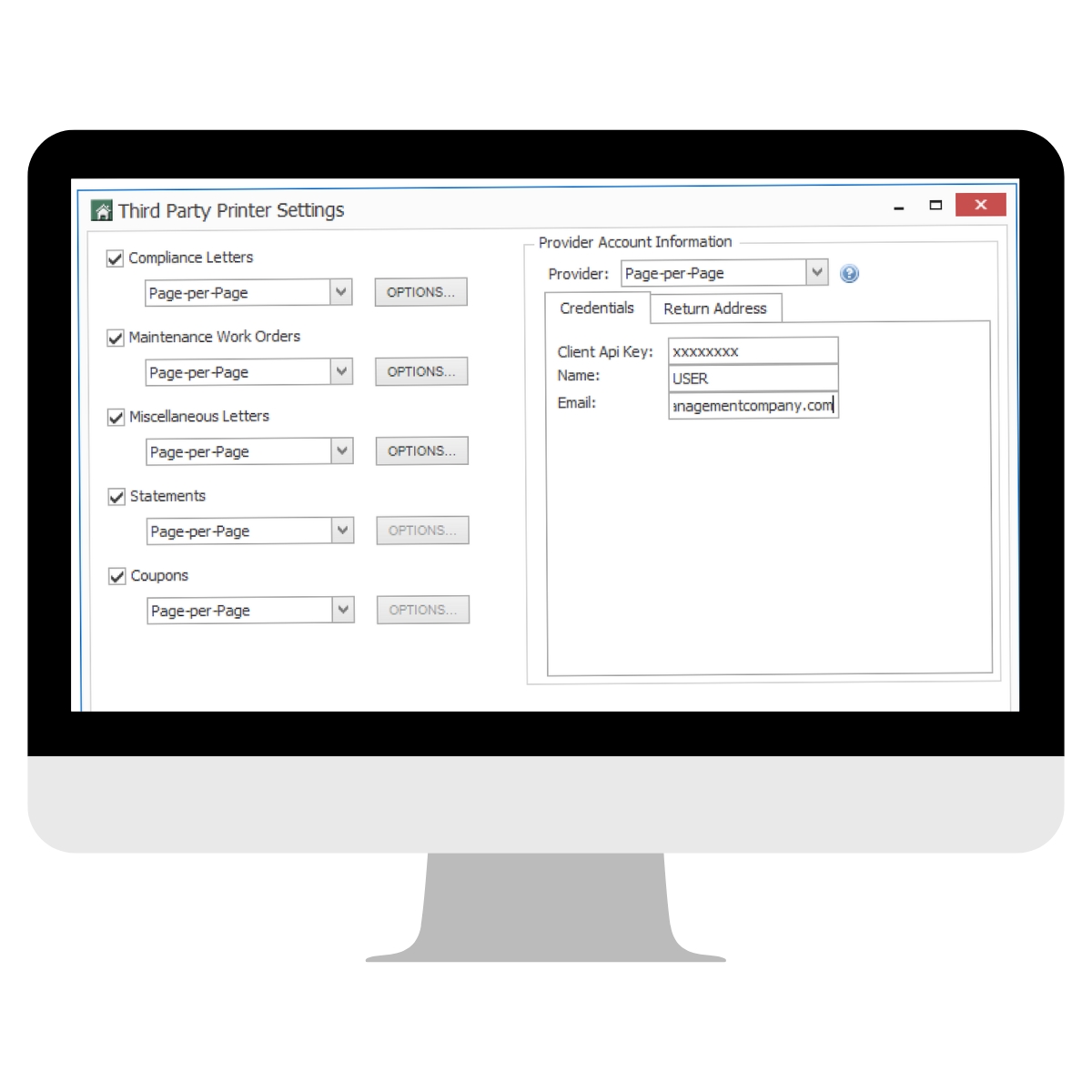Voting is a huge benefit of being part of an HOA–it enables homeowners to have a voice in the decision-making of their community. From who leads the HOA to increasing dues to fund a neighborhood playground, members get to choose.
With that said, schedules don’t always allow everyone to attend HOA meetings. That’s where HOA proxy forms come in as it ensures your voice is heard whether you can attend meetings or not.
What is a Proxy Form Used For?
An HOA proxy form is a document that allows another person to represent you in HOA proceedings and vote on your behalf. For example, if your HOA is holding elections and you’re out of town, you may use a proxy form to allow someone else to cast your vote.
Proxy forms come in handy when:
- You cannot physically attend an HOA meeting.
- You want to ensure that a meeting reaches enough votes for HOA quorum.
- Voting through digital means is not an option.
Who Can Be Appointed as a Proxy?
The good news is that you can appoint just about anyone as your proxy. Unless your local laws or HOA bylaws state otherwise, any person––even those who don’t live within your community––can serve as your proxy.
With that said, you’ll want to appoint a proxy that you trust. The best option is usually a neighbor, as they are most likely to understand the issues facing your neighborhood and cast their vote accordingly.
To appoint a proxy, you’ll need to draft your agreement in writing. Most HOAs have template proxy forms that appoint the board’s secretary as your proxy; however, you can also consider drafting your own. The specific provisions of this form are important to ensuring your wishes are carried out.
What to Include in an HOA Proxy Form
To figure out what to include in an HOA proxy form, you’ll first want to take a closer look at relevant laws of your state, in addition to the bylaws of your HOA. Some communities allow just about anyone to be your proxy, while others stipulate that a proxy must be another homeowner within your community.
On your proxy form, you’ll want to include:
- The name and address of your HOA
- The name of the person you wish to appoint as a proxy
- The date of the meeting during which your proxy will serve
- The rights which you are assigning to your proxy
- For example, are you assigning your proxy to vote on your behalf for all association matters? Alternatively, are you assigning them to vote on a specific issue in a particular manner?
- Dated signatures from both parties.
Make It Official
The acceptance of a homeowner’s proxy vote is dependent on the adherence to state laws and the HOA’s CC&Rs. While there are online forms that may suffice, it’s more effective for an HOA to provide official, sanctioned HOA proxy forms available to residents.
Provide Easy Access
Having proxy forms available is one thing, but making them easily accessible for homeowners is the key. And while you could certainly distribute hard copies to each resident, the best option is to host a proxy form on your HOA website.
With a service like Hoampage, you can create a dedicated HOA website where you can store documents related to bylaws, meeting schedules, and even proxy assignments. Few, if any, homeowners commit HOA information to memory, making an HOA website a helpful tool to disseminate information about the community and its happenings.
For HOA board members, providing easy access to documents and proceedings is a great way to eliminate communicative headaches. If you’ve been struggling to reach a quorum, then an HOA website is a surefire way to ensure a larger number of residents can participate in the process.





